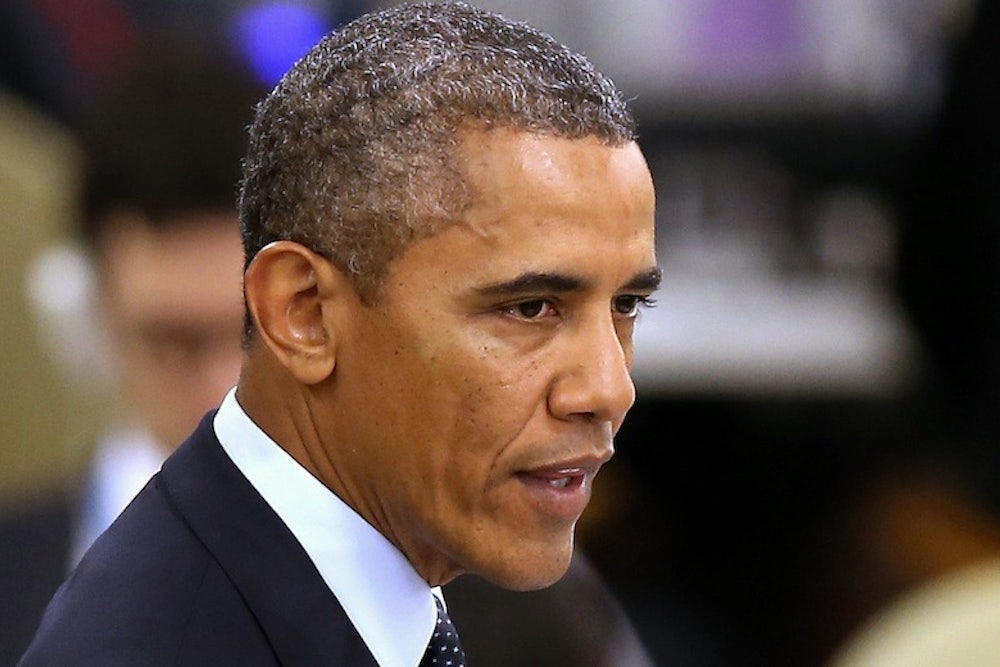In Barack Obama’s speech to the United Nations yesterday, he expressed his willingness to settle American differences with Iran over its nuclear program through negotiations. “America,” Obama said, “prefers to resolve our concerns over Iran’s nuclear program peacefully, but ... we are determined to prevent them from developing a nuclear weapon. We are not seeking regime change, and we respect the right of the Iranian people to access peaceful nuclear energy.” And he added, as if he were recounting the latest news from Teheran, “Meanwhile, the Supreme Leader has issued a fatwa against the development of nuclear weapons, and President Rouhani has just recently reiterated that the Islamic Republic will never develop a nuclear weapon. These statements made by our respective governments should offer the basis for a meaningful agreement.”
I was struck at the time by his pledge not to seek “regime change” and to respect Iran’s right to “peaceful nuclear energy.” But I glossed over the rest. In an analysis of Obama’s speech in Al-Monitor, however, journalist Ali Hashem suggests that Obama’s mention of Supreme Leader Ayatollah Khamenei’s fatwa was specifically intended to appeal to Iranian “hardliners.” “Fatwa … was the magic word in US President Barack Obama’s Sept. 24 speech at the UN General Assembly when referring to Iran’s nuclear program. When Obama turned to the fatwa, the so-called hardliners in Tehran knew something serious was happening in New York.” In February 2012, Ayatollah Khamenei had issued a fatwa—a legal pronouncement—against Iran’s possession or use of nuclear weapons. By citing it, Obama was appealing to, and at the same acknowledging, Iran’s Islamic theocracy.
